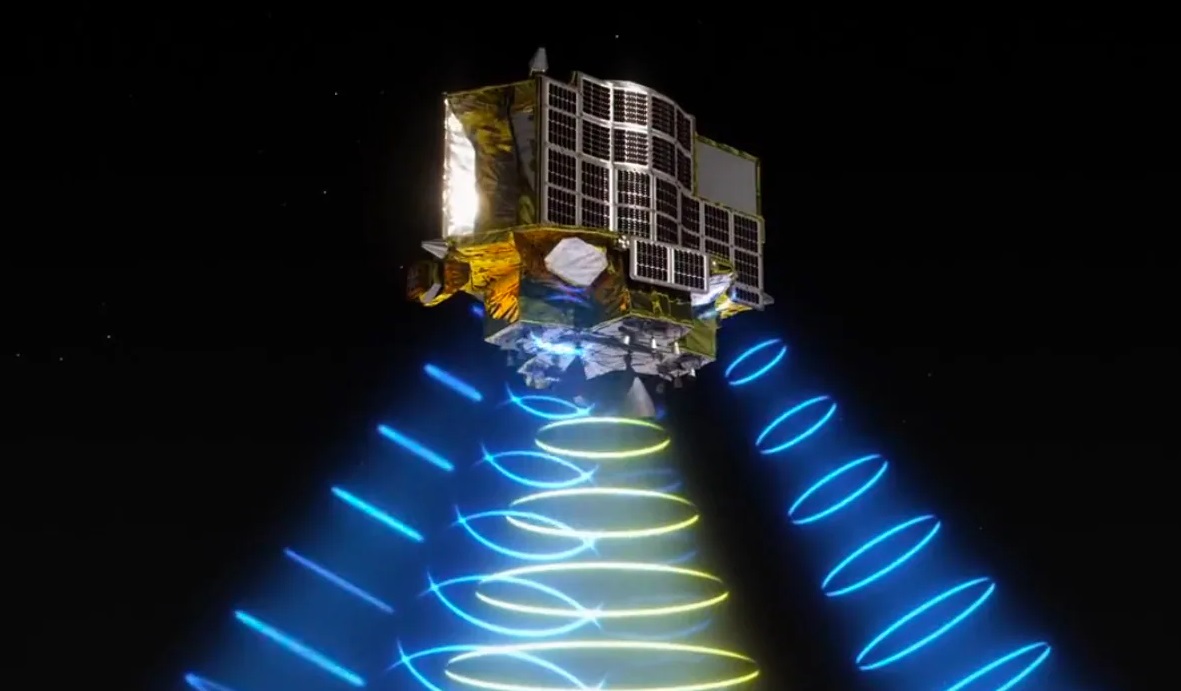PESHAWAR: The Supreme Court on Monday suspended the Peshawar High Court’s (PHC) verdict denying the Sunni Ittehad Council (SIC)
JAPAN: Japan’s space programme is hoping to rebound from a string of setbacks next week with the launch of its own mission: “Moon Sniper”.
The rocket will carry a lander expected to reach the Moon’s surface in four to six months as well as an X-ray imaging satellite designed to investigate the evolution of the universe.
The launch is scheduled to take place on Monday after bad weather pushed it back by a day, the Japan Aerospace Exploration Agency (JAXA) said on Friday.
Japan’s space programme is one of the world’s largest, but its first attempt to put a lander on the Moon failed in November 2022, and a new type of rocket exploded during a test last month.
JAXA’s hopes are now centred on the “Smart Lander for Investigating Moon”.
As its acronym suggests, SLIM is small and light, standing 2.4 metres high, 2.7 metres wide and 1.7 metres long, and weighing around 700 kilogrammes.
Dubbed the “Moon Sniper” for its precision, JAXA is aiming to land it within 100 metres of a specific target on the Moon, far less than the usual range of several kilometres.
Using a palm-sized mini rover that can change shape, the probe — developed with a toy company — aims to investigate how the Moon was formed by examining exposed pieces of the lunar mantle.
“Lunar landing remains a very difficult technology,” Shinichiro Sakai from the SLIM project team told reporters on Thursday while paying homage to India’s success.
“To follow suit, we will do our best in our own operations,” Sakai said.
On Wednesday, India landed a craft near the Moon’s south pole, a historic triumph for the world’s most populous nation and its low-cost space programme.
Previously, only the United States, Russia and China had managed to put a spacecraft on the lunar surface, and none on the south pole.
India’s success came days after a Russian probe crashed in the same region and four years after the previous Indian attempt failed at the last moment.
Japan has also tried before, attempting last year to land a lunar probe named Omotenashi, carried on NASA’s Artemis 1, but the mission went wrong and communications were lost.
And in April, Japanese start-up ispace failed in an ambitious attempt to become the first private company to land on the Moon, losing communication after what the firm called a “hard landing”.
Japan has also had problems with launch rockets, with failures after liftoff of the next-generation H3 model in March and the normally reliable solid-fuel Epsilon the previous October.
Last month, the test of an Epsilon S rocket, an improved version of the Epsilon, ended in an explosion 50 seconds after ignition.
You May Also Like
GAZA: Palestinian militant group Hamas on Monday agreed to a Gaza ceasefire proposal from mediators, but Israel said the terms did not meet
WASHINGTON: A former high-profile agent of the US Federal Bureau of Investigation (FBI), Kamran Faridi has been released from a Florida






